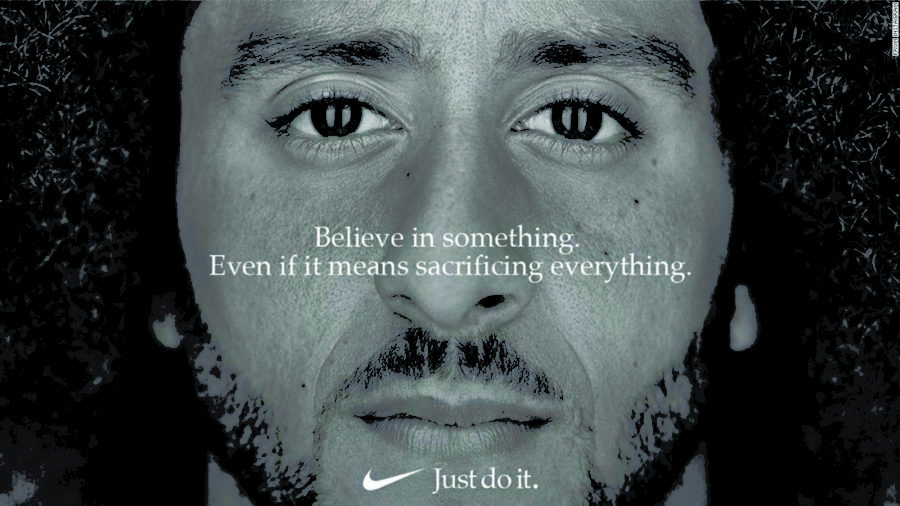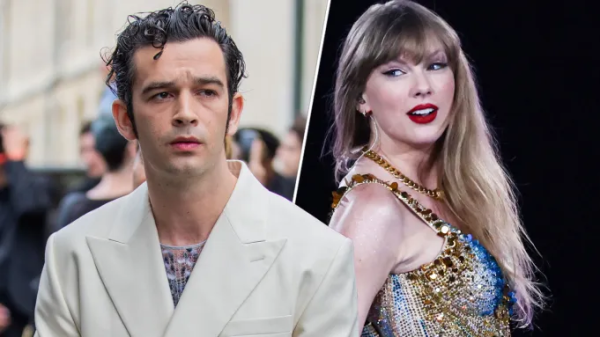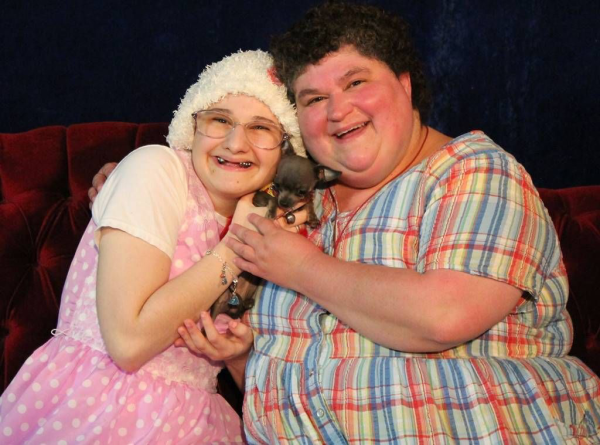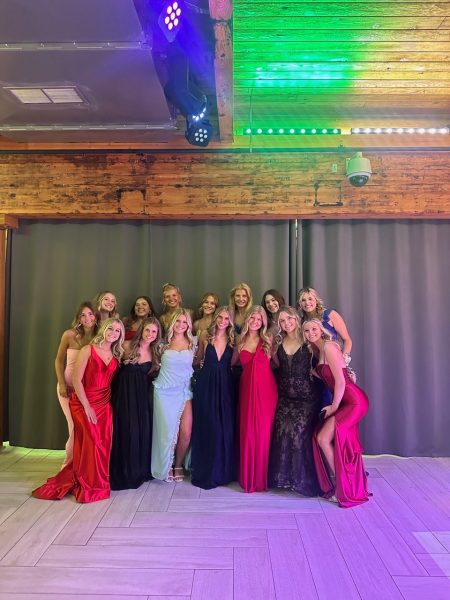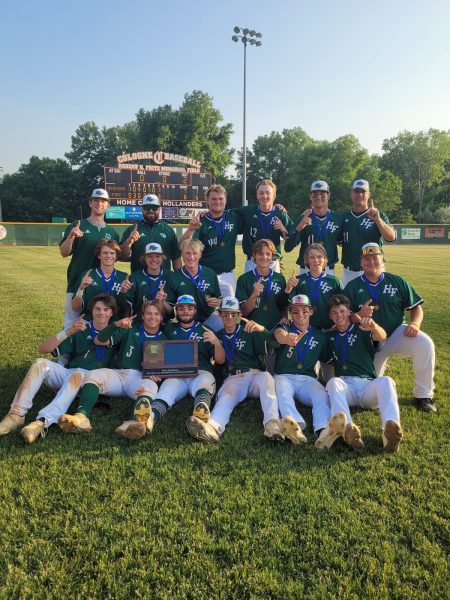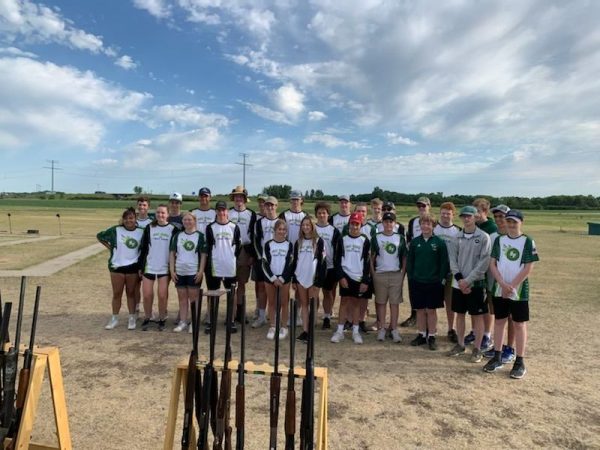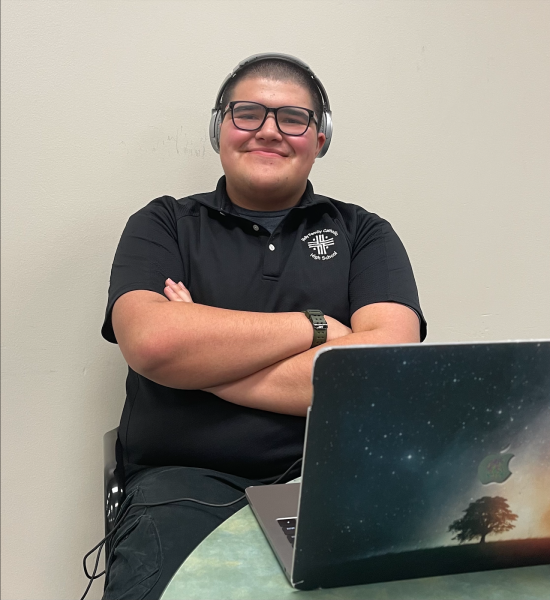Nike Commercial Embraces Diversity
Colin Kaepernick began playing professional football in 2011, and most people did not know his name. However, less than five years later, his name evokes a plethora of different thoughts, opinions, and emotions. And, less than a week ago, he signed an endorsement deal with one of the biggest athletic brands in the world: Nike.
Colin Kaepernick is most well known for not standing during the national anthem. On August 14, 2016, Kaepernick sat for the national anthem during a professional football game. No one noticed. On August 20, 2016, Kaepernick sat during the anthem, and again, no one noticed.
But, on August 26, 2016, when Kaepernick stayed seated for the third time during the Star Spangled Banner, he was met with incredible backlash from fans, celebrities, athletes, and even the future President of the United States.
Kaepernick remained seated for the anthem to protest the unjust treatment people of color face in the United States. Even after receiving hundreds of death threats, Kaepernick still did not stand for the anthem. However, as many people noticed, he began kneeling instead of sitting.
After meeting with a retired professional football player who is also a veteran, they both agreed that kneeling was a way to protest oppression of people of color while still paying respect to those that fought and continue to fight for the nation’s freedom.
In a military funeral, after the flag is taken off the casket, it is folded thirteen times and then presented to the family of the fallen soldier by a kneeling service member. Therefore, the two agreed that kneeling would be a way to honor those who sacrificed their life for the nation, while still protesting the unjust treatment of minorities.
When Kaepernick signed a sponsorship with Nike, many individuals were distraught and angry with the popular athletic brand. People began burning their Nike apparel, and the brand lost $3.75 billion in market cap.
However, following Nike’s release of the commercial featuring Colin Kaepernick, the brand received a significant amount of praise for embracing diversity and challenges. Instead of being controversial, the commercial is inspiring.
I interviewed students from Holy Family about their opinion on Colin Kaepernick and Nike endorsing him.
Senior, Leigh Steiner stated, “Nike has the right to choose who they endorse and since they knew Kaepernick was a controversial figure, they knowingly brought the controversy onto themselves. The National Anthem is our way of honoring those who have served in the military, so that should not correlate to the treatment of minorities within our society.”
Another student believes that, “one of the best parts of the United States is that people are allowed to take a stance on what they want to, so neither the company nor the people in that advertisement should be looked down upon or reprimanded.”
Lastly, senior, Chris Carlton provides great insight as to why Nike chose to sponsor Kaepernick: “Nike knew exactly what this advertisement was for. It was not for product education. It was not for directly converting impressions to sales. For better or for worse, it was for a larger, more holistic purpose of solidifying their brand identity. Nike sparked immense conversation about Nike, one of their paid representatives (Kaepernick), and police brutality and the treatment of African Americans in the United States. Over the short term, perhaps revenues will take a hit for effectively alienating half of the consumer base. However, over time, the current outrage machine of American identity politics will quiet down and Nike will continue to be a large and influential company.”

